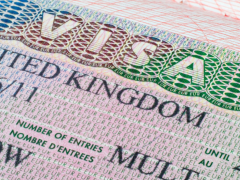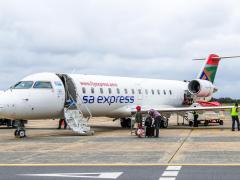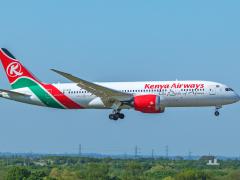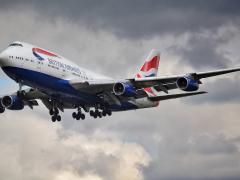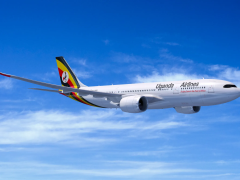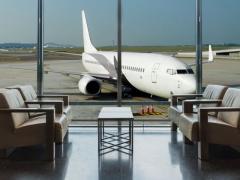Continued delays at the Air Services Licensing Council (ASLC) and International Air Services Licensing Council (IASLC) with processing, issuing and renewing operating permits, are affecting the growth and attractiveness of the civil aviation sector in South Africa.
This is hindering airlines and their passengers, plus trade, tourism and broader economic recovery, according to airline associations in the region.
“The Airlines Association of Southern Africa (Aasa) has been approached by some of its airline members regarding delays by the Department of Transport (DoT), IASLC and ASLC in the processing of their applications. These delays mostly pertain to Foreign Operator Permits,” said Aasa CEO, Aaron Munetsi.
Board of Airline Representatives of Southern Africa (Barsa) CEO, George Mothema, told Travel News that it had seen several of its airline members face similar issues with obtaining or renewing their permits, affecting their ability to launch new services, expand operations and adjust schedules.
“These delays create uncertainty and increase costs for airlines planning to invest in the South African market,” said Mothema.
Munetsi explained that some Aasa members had resorted to applying for ad-hoc charter permits to legally continue their operations, however measures such as these come at a very high cost to airlines because of the short notice and their short validity periods.
Stunted
“The South African market has strong potential to attract both regional and international entrants. However, permit delays risk reducing the attractiveness of the market to new operators, while also frustrating existing operators who are seeking to grow. This comes at a time when regional connectivity is critical to supporting trade, tourism and economic recovery,” said Mothema.
Airlines typically publish their schedules up to a year in advance so that they can begin selling tickets, committing to the published schedule for their customers. “Delays or no feedback on the status of applications for new, renewed or amended licences creates uncertainty for airlines. They must then make alternative arrangements to ensure that their scheduled operations are not disrupted or adversely impacted,” commented Munetsi.
Other than applying for costly ad-hoc charter permits, airlines are also forced to combine or cancel flights.
This puts airlines in a tough position, as they are unable to recover their costs from the authorities that cause the operational changes – nor is it fair to put those costs on their passengers.
“In extreme cases, these conditions force new entrants to reconsider their planned South African services,” said Munetsi.
Digitisation
According to Munetsi, these delays are caused by the allocation of resources and the long and convoluted application process.
He explained that the DoT was responsible for secretarial services for both the ASLC and the IASLC. First, the Department receives and processes part of the application and then hands the file to the South African Civil Aviation Authority to verify safety regulation compliance.
“This process takes quite some time and if there is a delay in any area, the ripple effect is significant,” said Munetsi.
While Barsa understands the administrative and structural constraints, Mothema stressed the need for improved resourcing and the streamlining and digitisation of these processes to boost efficiency.
"Barsa is engaging with the DoT to explore interim solutions to reduce the backlog and avoid disruptions to connectivity," he added.
Aasa has also consistently called on the entities involved in the processes to “raise their game and be far more efficient".
“This is the best way to eliminate the delays and backlogs, to restore confidence and to ensure that South Africa does not miss out on the crucially needed social and economic benefits that a robust, well-connected and smoothly-functioning airline industry provides,” said Munetsi.



